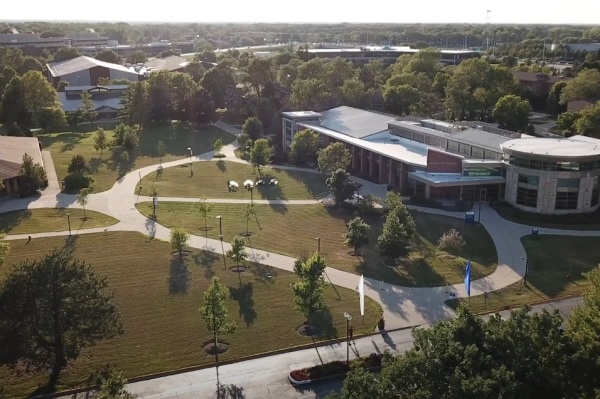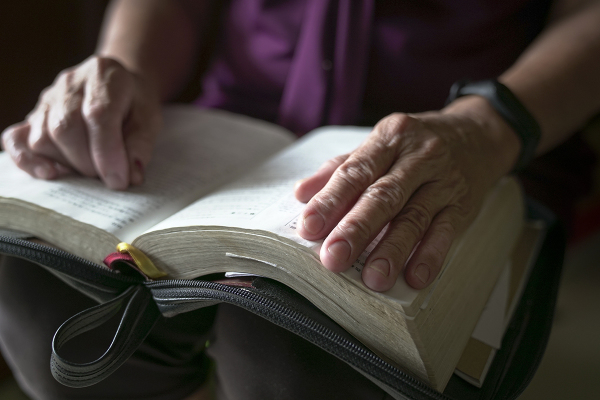La. State House Approves Placement of Ten Commandments Monument
The Louisiana state House voted unanimously (91-0), without debate, Monday to approve the placement of a Ten Commandments monument on the state capitol grounds in Baton Rouge.
Patrick Williams, a Democratic representative who authored the bill, says that while he recognizes the First Amendment provides for separation of church and state, his bill is not intended to promote the religious importance of the Commandments.
“The significance is historical,” he told Reuters. “Our laws are based on the Ten Commandments. In fact, without them, a lot of our laws would not exist.”
The monument will include a plaque that says, “Context for acknowledging America’s religious history.” Williams told Reuters the monument will fit in with existing monuments at the capitol, such as the gravesite of former Governor Huey Long and monuments to French explorers who settled the area.
Williams fashioned the bill after one in Texas that allowed for the placement of a Ten Commandments monument on Texas capitol grounds among a dozen other monuments. The Texas bill was upheld 5-4 by the Supreme Court in 2005.
“Of course, the Ten Commandments are religious – they were so viewed at their inception and so remain. The monument therefore has religious significance,” Chief Justice William Rehnquist wrote for the majority in the Texas case.
“Simply having religious content or promoting a message consistent with a religious doctrine does not run afoul of the Establishment clause,” he said.
The same day that ruling was handed down, the court struck down the hanging of framed copies of the Commandments in two Kentucky courthouses because, in the court’s view, officials had intent to promote religion.
Kelly Shackelford, chief counsel for the Liberty Institute, says it is wise for states to follow the Supreme Court decision in the Texas case closely when crafting Ten Commandments bills.
“We guided Oklahoma and have helped other states in doing so,” Shackelford told The Christian Post.
“The [Supreme] Court [in the Texas case] stated that the Ten Commandments is undeniably religious and no one can doubt that,” Shackelford continued. “It is just a matter of what the state is doing. Honoring this country's connection to the rule of law and our religious heritage is perfectly constitutional.”
The Louisiana monument will be funded completely by private organizations.
Williams says he expects the Senate to pass the bill. Republican Governor Bobby Jindal has already indicated he will sign the bill if it lands on his desk.






















